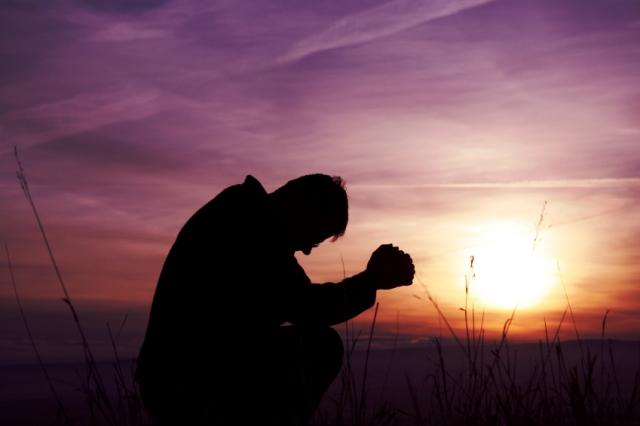As Christians, we have pledged our allegiance to God, the ultimate provider who sustains our very existence. However, recent events have led many believers to become reliant on governments to provide for their basic needs, thereby forsaking their faith in God. During the pandemic, the government positioned itself as the savior and promised to ensure shelter and food for those who couldn’t afford it. Unfortunately, this has led many Christians to find solace in the government’s promises, obscuring their firm conviction that it is God who provides for all their needs.
When we recognize God as our provider, we accept that there is no other source of sustenance other than Him. God’s provision is straightforward; there is no room for ifs, ands, or buts. We must willingly forfeit anything other than that, including the false comfort of government promises. The government, with all its resources, may provide temporary relief, but these are only fleeting provisions that can never replace the certainty and security that we find in God.
Moreover, just as people have become reliant on the government, they often end up putting more stock in their jobs than they should. Although it is essential to trust in God’s provision, many people substitute their faith in a powerful employer to provide for them, to their detriment. People have been known to put extreme confidence in their jobs and employers, hoping that their security comes from their employer’s unyielding loyalty. In the process, many people forget that their employer is an organization composed of flawed individuals with varying interests. This type of misreliance on an employer instead of God can cause individuals to experience disappointment, disillusionment, and pain.
In recent years, there have been instances of religious discrimination in the workplace, with many employers firing employees without any valid cause. Employees who hold religious convictions have lost their jobs as a result. To illustrate this point, I can share my experience writing over a thousand letters on behalf of parishioners and partners nationwide who faced religious discrimination from their employers after refusing to comply with the vaccine mandate. Some employers recognized and respected their rights to their religious beliefs, while many large employers denied them their freedoms, persecuted and fired them, and went to great lengths to prevent them from being employed in their area of expertise.
In some cases, human resource departments claimed, without any evidence or substantial proof, that unvaccinated employees were a threat to the company and public safety. Such statements were blatantly discriminatory and violated their religious rights. Fortunately, employees who held strong convictions did not waver and remained steadfast in their beliefs. However, many others compromised their faith and meekly went along with the vaccine mandate to avoid persecution from their employers. By doing so, they traded reliance on God, who is their ultimate provider, for the provisions of their employers.
These events should remind us that employers are not the ultimate providers, no matter how much we hope they are. Employers will necessarily prioritize their own interests over those of their employees, which, from a spiritual standpoint, can sometimes lead to disastrous consequences. For instance, an employer may lay off workers to cut costs, even if those workers have dedicated their lives to the company. This action may be necessary from a business standpoint, but from a spiritual perspective, it can lead to feelings of betrayal, disillusionment, and hurt. In such instances, it’s essential to remember that our ultimate provider is God, who will never leave us nor forsake us. Therefore, it is crucial to keep in mind that God is our ultimate provider, even when things don’t appear to be working in our favor. We must continue to trust Him and rely wholeheartedly on His provision, knowing that He will sustain us and supply our every need.
The concept of reliance on God’s provision can be seen throughout the Bible. When the Israelites journeyed through the wilderness, they were completely dependent on God to provide food and water for them. When they grumbled and complained, God still provided for them with manna and quail from heaven (Exodus 16:12-13). Similarly, when Elijah was hiding from King Ahab, God provided ravens to bring him food and a widow to sustain him during the famine (1 Kings 17:1-16).
For Christians, our faith is anchored in God’s promise to provide for us. We must remind ourselves of His faithfulness and His promise that He will never leave us nor forsake us (Hebrews 13:5). Even when provision seems scarce, we must stand firm in our belief that God will always come through for us, as He has done throughout history. It is in moments of doubt and uncertainty that we must lean into Him even more, seeking His provision and guidance.
By embracing God’s provision, we open ourselves up to a deeper relationship with Him. We learn to trust and rely on Him more fully, knowing that He is the only provider we need. Let us not be swayed by the false promises of governments or the allure of temporary relief. Instead, let us put our faith in God, who is our provider and sustainer, now and forevermore. As David wrote, “I have been young, and now am old; yet have I not seen the righteous forsaken, nor his seed begging bread” (Psalm 37:25).
Dr. Aaron Lewis, August 25, 2023

